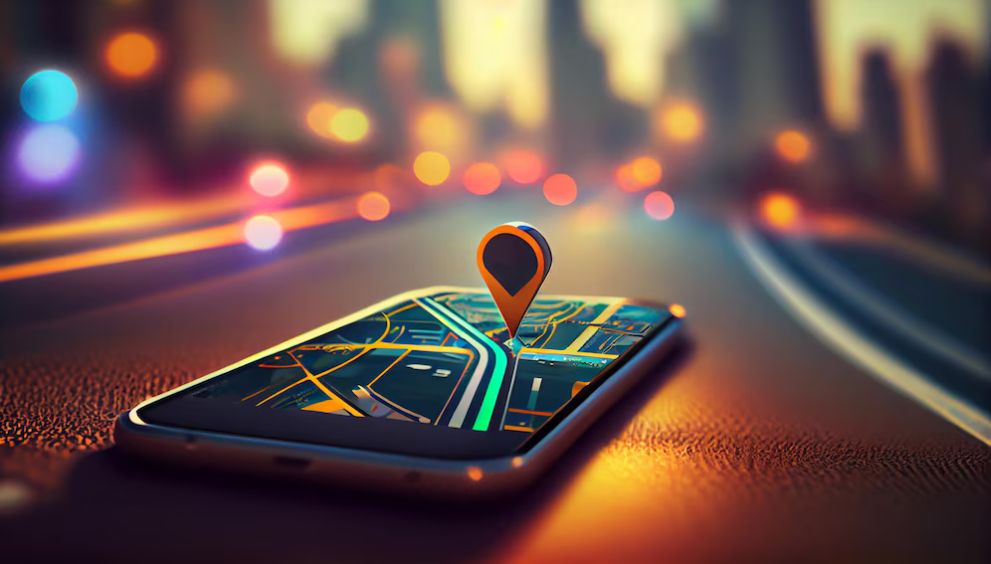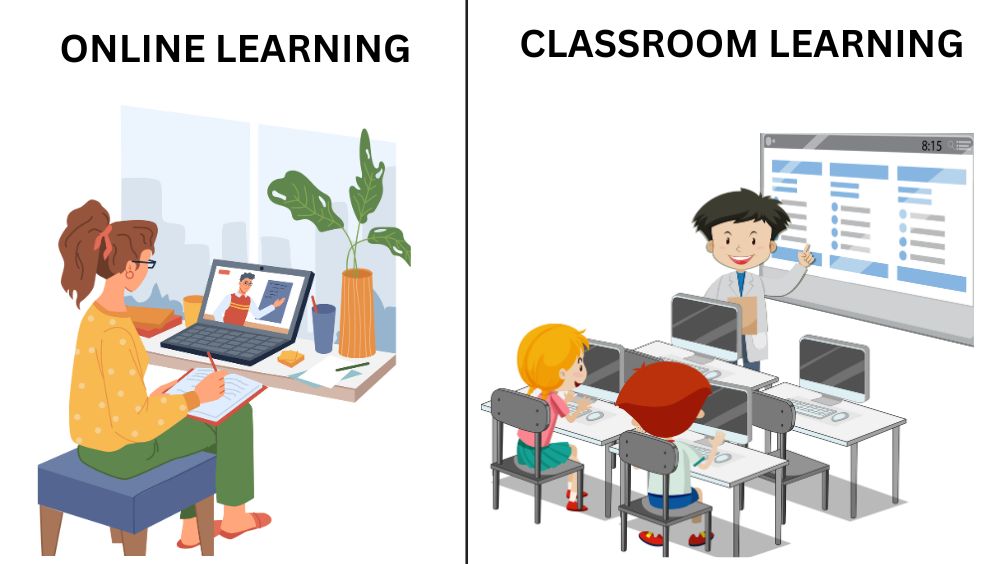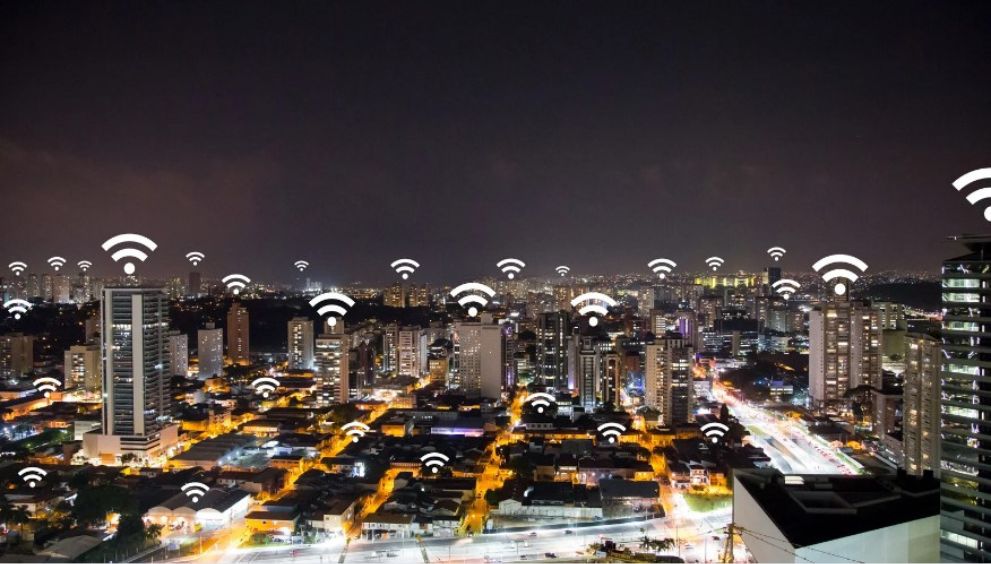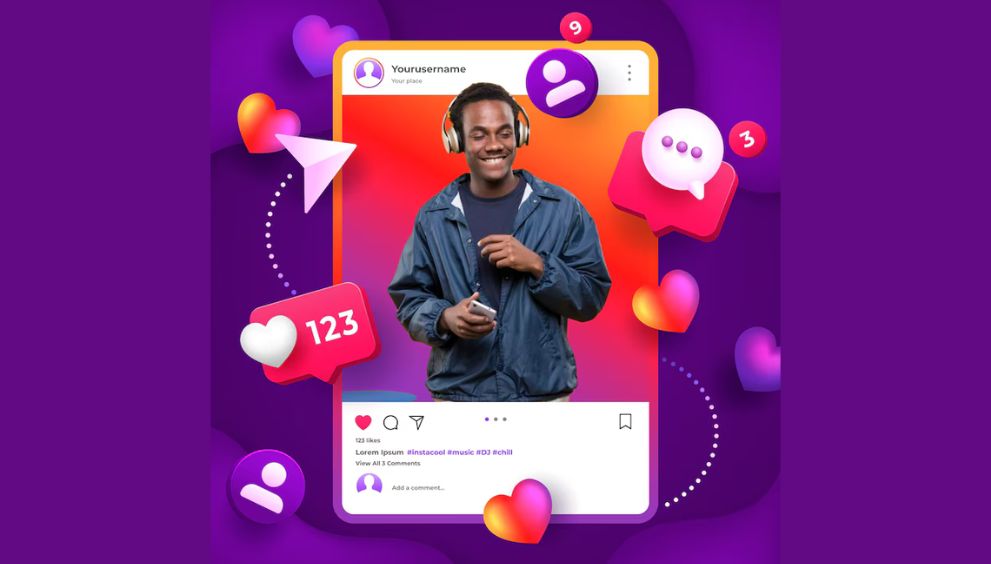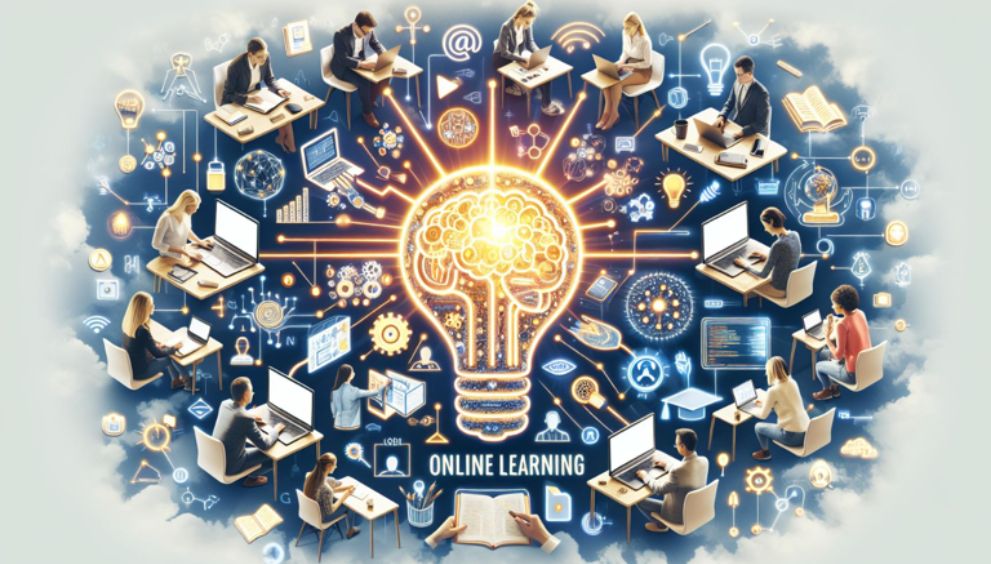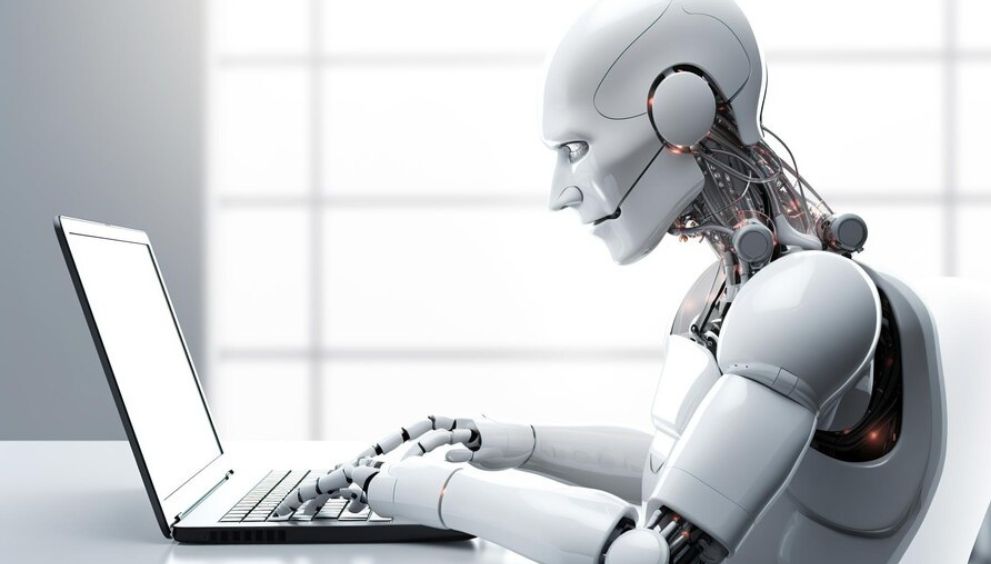The Impact of Artificial Intelligence on Everyday Life
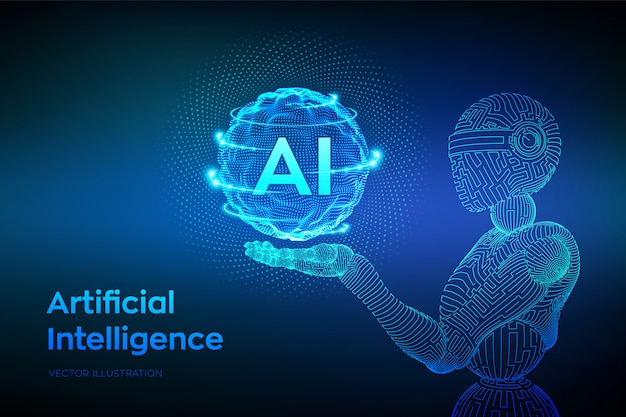
Artificial Intelligence in Daily Life
Artificial Intelligence in Daily Life has permeated our lives so much that people remain fairly unsophisticated to its manifestations. Currently, virtual helpers such as Amazon Alexa, Google, and Apple’s Siri are fundamental in families, performing functions involving facilitating alarms, playing music, and even regulating smart homes artificial intelligence-based assistants use Machine Learning and Natural Language Processing to reply to users’ queries and enhance people’s lives.
In the transportation industries, AI has drastically altered the means through which we commute. Smart applications such as Google Maps and Waze utilize AI to inform users of the current traffic situation and find the best routes for them to avoid frustrations and delays. Even transportation-hailing apps like Uber and Lyft use AI to allocate passengers to drivers, anticipate supply and demand and even arguably the safety of drivers through behavior analysis.
Artificial Intelligence has gone from being a concept being considered in more science fiction movies to a recent reality. Considering that people wake up in the morning and go to bed at night, AI is integrated into virtually every aspect of people’s lives to increase convenience, productivity, and interconnection. This article gives a general idea regarding how AI has spread in society and advanced into society and provides a mass detail about the uses of AI, the technological aspect of AI, the automation aspect of AI, and how beneficial AI is.
Artificial Intelligence Applications
It is worth stating that Artificial Intelligence Applications are not limited to applications like assistants and transportation means alone. This sector is one of the most inconceivable to benefit from applying AI. Artificial intelligence is being applied in the diagnosis of diseases through images, prognosis of patient’s health status, and even determining the appropriate treatment modalities. Some of the diagnostic applications include cancer detection, and diabetic retinopathy, among others, which are highly accurate thus improving patients’ outcomes.
In the financial sector, everyone knows about AI artificial intelligence, which changes the way of money management. One identifies expenses for requiring personal help in budgeting, and the other identifies forgery expenses and can even suggest where to invest. Automated financial planning and analysis sometimes referred to as robo-advisors are popularising access to financial planning services.
Education is also another sector in which AI is advancing in large measures. Modern educational technologies such as Khan Academy and Coursera employ the use of AI by adjusting the content being delivered based on the competency level of the learner. For educators, these applications of AI also help in minimizing all unnecessary work and researching a student’s performance so that it would be easy to track if they need any extra help or not.
Artificial Intelligence Technology Impact
AI technology impact is rocking the social boat in every sector and industry to its core. Hence, the effects of technology on consumers are tremendous, with a major impact being the availability of information and services to the general populace. With improvements in technology, complicated procedures are becoming more open to the public with the help of artificial intelligence. For instance, language translation helps such as Google translate incorporate the use of AI in helping people overcome language barriers when communicating in different regions.
AI technology is also transforming other areas like robotics and automation systems in a very big way. In manufacturing, robots actuated by AI are replacing the workforce hence improving manufacturing performance, reliability, and standardization of the whole process. Such robots are used to undertake dull and dangerous operations by automating them hence allowing people to engage in more productive work.
Still, concerning entertainment, it also cannot be ignored that AI is influential. Such services as Netflix and Spotify propose people music and films similar to the ones they like based on AI calculation. Such an approach not only contributes to more enjoyable user browsing but also aids the producers of content to get to their relevant audience.
Artificial Intelligence and Automation
The application of AI and Automation across different industries is on the increase, thus causing the enhancement of efficiency, decrease in cost, and boosting productivity levels. Automobiles are one of the industries that have adopted AI automation through self-driving vehicles. These vehicles employ elements of learning to steer, read traffic signs for signals, and decide on choices in a wink, which they claim to minimize or eliminate the occurrence of mishaps on roads and modernize transport systems.
At the workplace, AI is replacing known routine and mundane tasks thus enabling the worker to work extra hard to accomplish other demanding tasks. For example, in customer service, it deals with basic customer inquiries, responds to them immediately, and can execute transactions. It not only enhances customers’ experience but also frees up human agents to deal with other intricate inquiries that warrant perception as well as analysis.
Another industry that received a boost from technology is the logistics and supply chain industries. AI also increases sales by determining the probable demand for the products and managing its stocks and the distribution of the products to the customers through the best possible routes. AI in Warehouse automation optimizes work processes, and accuracy, and cuts down the expenses on human resources.
Artificial Intelligence Benefits
Artificial Intelligence Benefits affect the community, business, markets, and people’s lives in general and at a global level. Another important advantage is the possibility to establish qualitatively new cooperation with partners and whole industries, as well as effectiveness. The full form of AI makes it possible for the system to analyze and make sense of large volumes of data at a much faster rate than a human being would. This increases efficiency in industries and decision-making processes as the results are superior.
AI also boosts individualization, which has applications in the acquisition of products and services, leisure activities, and medical professions. Personalization enhances the customer experience thus fostering consumer retention to boost the organizational performance. A special concern of industries is in the healthcare setting, where the adoption of AI implementation influences the patient and results in the development of efficient treatment plans treatment.
A third advantage we get from the application of artificial intelligence is safety and security. That is why advanced AI systems can be used for surveillance of vast territories, identify suspicious behavior, and alert appropriate services in real-time, thus increasing the levels of security in societies. In cybersecurity, AI algorithms quickly detect and eliminate threats, and thus guard the data, avoiding data leakage.
However, it is also true that AI can help solve some of the biggest problems of the contemporary world. In addressing the issue of climate change, AI is applied in agriculture to constantly observe the status of crops, water distribution, and weather conditions to help farmers adopt sustainable practices. In environmental conservation, AI is applied as part of the monitoring of wildlife habitats and populations, SOG Gets Ahead of Poachers-Assisted Monitoring and Surveillance Systems, Monitoring and early detection of unlawful practices, and Assessing the overall health state of an ecosystem.
Nowadays, more and more people use artificial intelligence technologies in their daily lives, thus transforming the convenience, effectiveness, and interconnectivity of numerous industries. Starting from smart personal assistants and self-driven vehicles to smart healthcare services and smart entertainment services, AI applications are penetrating almost all fields leading to rapid technological revolution. Among the most important consequences of implementing AI technologies are the liberalization of services and the realization of various activities through automation and individualization of experiences. Hence, with the increase in the advancement of AI in the future, its advantages such as; enhanced efficiency, customization, safety, and capacity to address world issues will be realized.


































